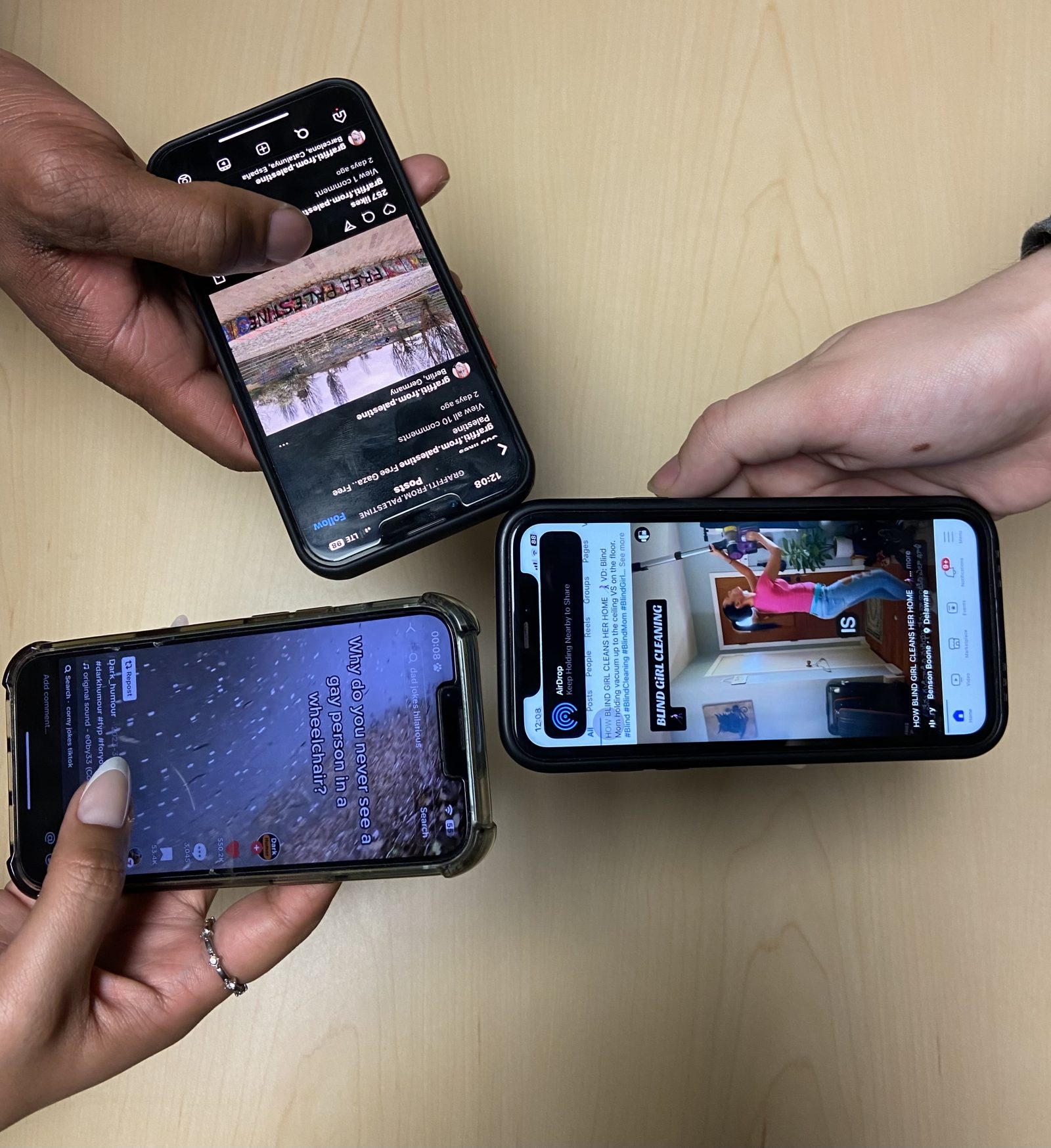AD+PR Professor Explains How Social Media Can Change Attitudes and Stereotypes of Foreign Nations

MSU Professor Saleem Alhabash studies how social media can both perpetuate and improve stereotypes
By: Maeva Mariano
With the proliferation of social media such as Facebook, Instagram and TikTok, young people are constantly exposed to a lot of digital content, which can sometimes contribute to the formation of stereotypes. This motivated AD+PR professor, Saleem Alhabash, to conduct his research on how social media can influence and improve attitudes and stereotypes toward foreign nations.
“The issue is that stereotypes are always there. However, where it becomes problematic is when individuals do not realize that they are stereotyping and they let that turn into what is called ‘prejudice,’ meaning that they enact upon their stereotypes and engage in behaviors. These behaviors can be very explicit or what is known as ‘microaggression’ or ‘micro discrimination,’” said Alhabash.

Social media has become a place for tensions between nations. Alhabash used the example of the COVID-19 pandemic, where negative stereotypes emerged targeting people from China, leading to blame and hostility. He also explains that the association of certain cultures, such as those in the Middle East and the Muslim world, with terrorism and violence has been perpetuated through colonial histories and representation in media. Furthermore, he says he believes that the anonymity provided by social media allows individuals to express stereotypes without fear of consequence. Additionally, some even use humor as an excuse to amplify stereotypic thinking, perpetuating harmful misconceptions and microaggressions.
“Humor, in and of itself, is not problematic. When it comes problematic is when it targets groups that have been historically marginalized and/or minoritized in a way that further diminishes them. The motivation behind the joke is also important, whether or not the individual is aware of that motivation,” said Alhabash.
Despite its flaws, social media has also empowered marginalized groups by providing them a voice to share their perspectives and challenge traditional media who have historically silenced their voices.
“The thing that has changed is that for the longest time, history has always been written by the victorious, whoever has more power, whoever controls the narrative; now there is this immense democratization of narratives, that both narratives can exist,” said Alhabash.
This paved the way for movements such as #MeToo, #BlackLivesMatter, #StopAsianHate and support for LGBTQIA+ rights, reshaping societal perceptions. Moreover, social media has given individuals the opportunity to protest and spread awareness about geopolitical issues, such as the conflict between Israel and Palestine, allowing both sides to be broadcasted. This democratization of narratives has shifted the balance of power, allowing for a more inclusive representation of different communities.
For a more accurate representations of foreign nations in the digital sphere, Alhabash advises to embrace discomfort and be ready to change. He emphasizes the importance of creating safe spaces where people can interact and discover different cultures with an open mind.
“Ask yourself, how is my life going to be impacted if I change my opinion about a different nation, about different groups of people? Is that going to make my life better or worse? Most cases it’s going to be better, knowing that you are not stereotyping a different group of people,” said Alhabash.














